A GPU clock speed typically falls between 1.5GHz and 2GHz. This range supports smooth gaming and enhances performance in activities such as video editing. Faster speeds can boost performance, so it’s important to ensure proper cooling to avoid overheating.
This article will explain what makes a GPU clock speed effective and why it’s important. Whether you’re into gaming or enjoy high-quality visuals, continue reading to learn how to maximize your GPU’s performance.
GPU Core clock vs. Memory clock:
The GPU core clock controls the speed of the GPU’s processing, while the memory clock manages how fast the GPU’s memory works. Both affect performance a higher core clock boosts processing, and a higher memory clock speeds up data handling.
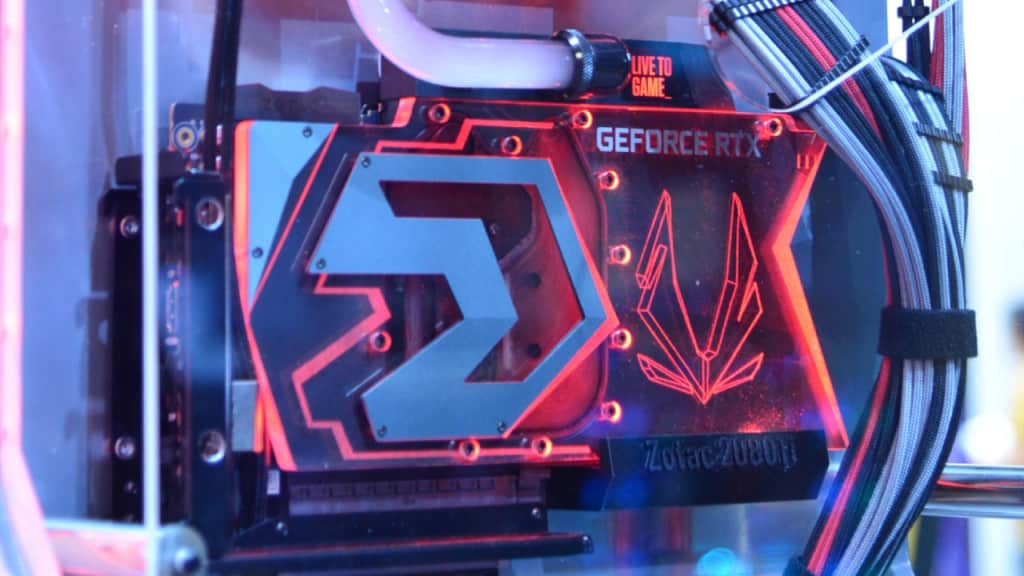
What is GPU Clock Speed?
This clock speed measures how fast the GPU processes tasks. It’s like the engine’s speed in a car. A higher clock speed means the GPU can handle more work, making games and applications faster and smoother.
What is Memory Clock Speed?
It refers to how fast the GPU’s memory transfers data. Faster memory clock speeds help the GPU access and process information more quickly, improving overall performance in gaming, video editing, and other graphic-intensive activities.
Read Also: What GPU Is Compatible With My Motherboard – PCBuilder 2024!
What is a Core Clock Speed in GPU?
In this, a GPU measures how fast the GPU’s core (or main processor) works. A higher core clock speed allows the GPU to perform tasks more quickly, improving performance in gaming, graphics, and other tasks.
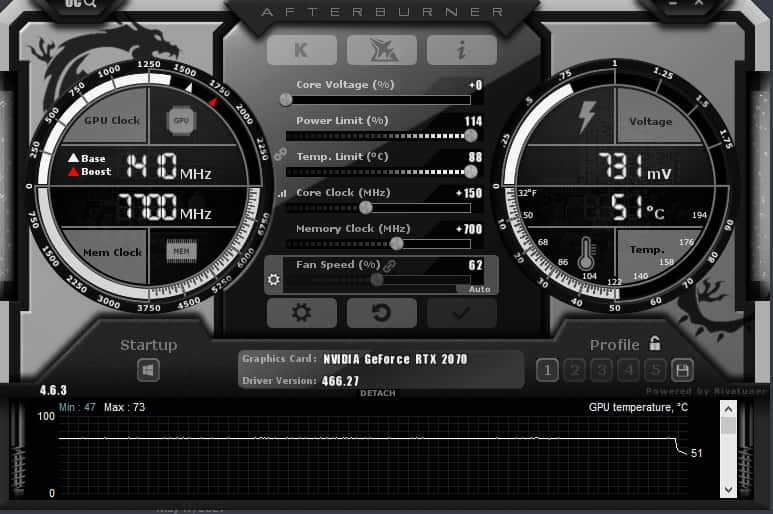
Does GPU Clock Speed Matter For Gaming?
Yes, GPU clock speed matters for gaming. A higher clock speed helps the GPU process game graphics faster, leading to smoother gameplay and better performance. However, other factors like GPU model and memory also impact gaming quality.
What Is A Good GPU Clock Speed Mhz?
A good GPU clock speed is usually between 1,500 and 2,000 MHz. This range helps ensure smooth performance in games and applications. Higher speeds can improve performance but may require better cooling to avoid overheating.
Read Also: What Is The Average Idle Temp For A GPU – Completely Guide!
What Is Normal GPU Utilization And Core Clocks?
Normal GPU utilization is around 50-90% during heavy tasks, showing how much of the GPU’s power is used.
GPU Utilization:
This shows how much of the GPU’s power is being used. It’s measured as a percentage. For instance, 80% indicates that the GPU is under significant load. High utilization during gaming or heavy tasks is normal and shows good performance.
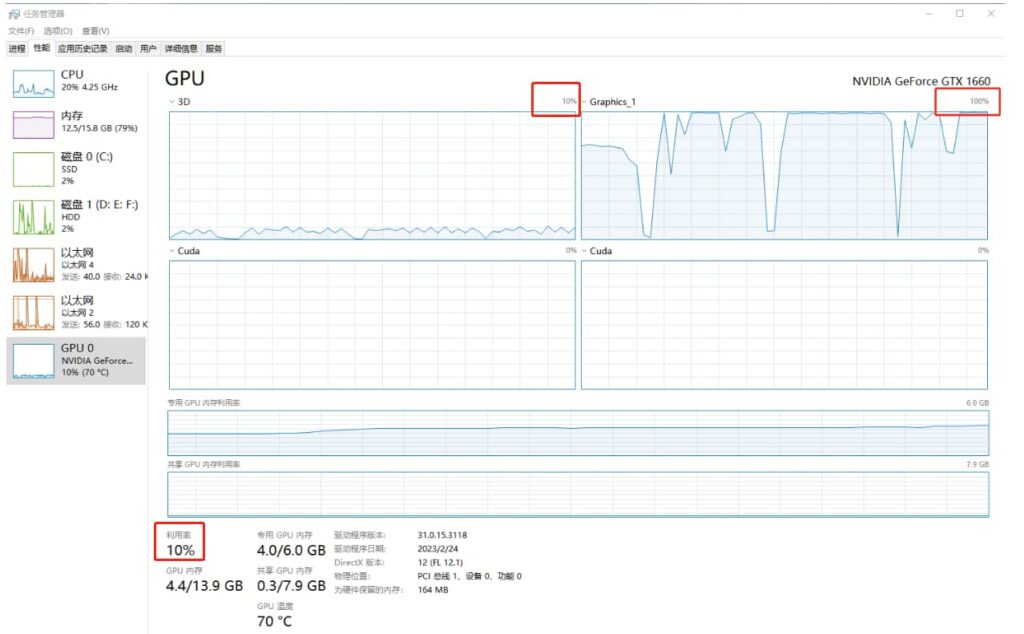
Core Clocks:
Core clocks refer to the speed at which the GPU’s core processes data. Measured in MHz, higher core clocks mean the GPU can handle tasks faster. This affects performance in gaming and other graphics-heavy activities.
How Much Does GPU Clock Speed Matter?
Because it affects how quickly the GPU processes tasks. Higher speeds can improve performance in games and applications, making them run smoother. However, it’s just one factor other components also impact overall performance.
Read Also: Is Diablo 4 Cpu or Gpu Intensive – General Discussion 2024?
How Many Mhz Does It Take To Make A Performance Difference For Gpus?
A change of 100 to 200 MHz in GPU clock speed can affect performance. Higher speeds generally lead to better performance, but the exact improvement varies. Other factors like GPU model and cooling also play a role in overall performance.
How do they work together?
GPU clock speed and memory clock speed work together to improve performance. The core clock handles processing tasks, while the memory clock speeds up data transfer. Both are important for smooth gaming and efficient graphics handling.
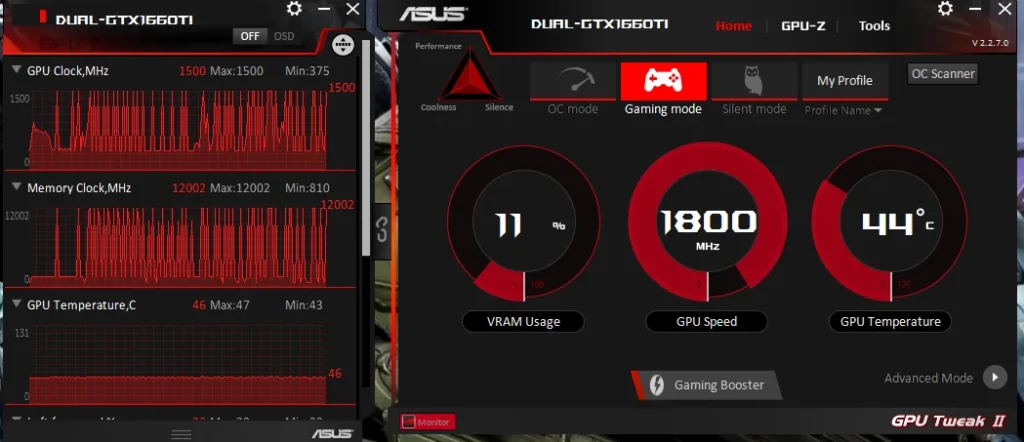
Bottlenecks involved:
Bottlenecks occur when one part of the system, like the CPU or GPU, limits overall performance. If the GPU is fast but the CPU is slow, the CPU may limit the GPU’s performance.
Which clock should you consider while buying a GPU?
When buying a GPU, consider both core clock and memory clock speeds. The core clock influences how quickly tasks are processed, while the memory clock affects how efficiently data is managed. Both contribute to overall performance, so check both to ensure a balanced and powerful GPU.
When does it have more Mhz in memory clock speed or less?
More MHz in Memory Clock Speed:
This means the GPU’s memory can move data more quickly. This can lead to better performance, especially in tasks like gaming and video editing, where quick data access improves overall speed and efficiency.
Less MHz in Memory Clock Speed:
Less MHz in memory clock speed means the GPU’s memory transfers data more slowly. This can lead to reduced performance, causing slower processing in games and applications. Higher memory speeds generally provide better performance and smoother experiences.
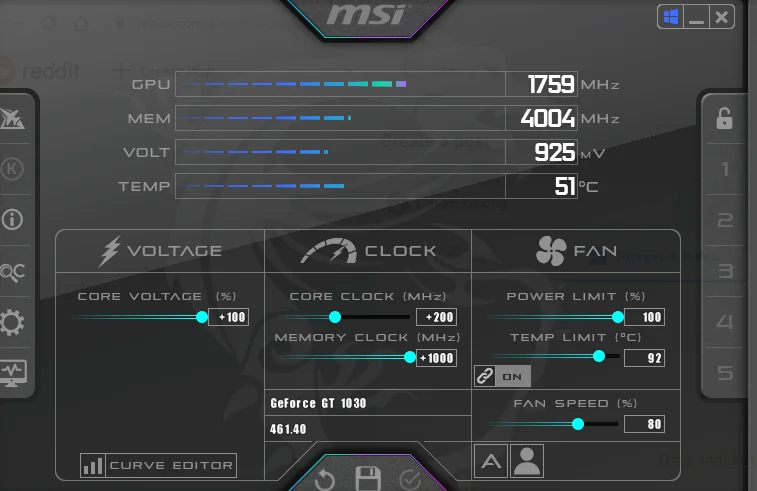
Is Higher GPU Clock Speed Better?
Yes, a higher GPU clock speed is generally better as it means the GPU processes tasks faster. This can lead to improved performance in games and applications. However, other factors like cooling and overall system balance also matter.
Is Higher Mhz Better For Gpu?
Yes, higher MHz in a GPU can improve performance by increasing processing speed. It helps the GPU handle tasks faster, leading to smoother gameplay and better graphics.
Frequently Asked Questions:
1. What Is A Good GPU Clock Speed In Mhz?
It is usually between 1,500 and 2,000 MHz. This range ensures excellent performance for gaming and various other activities. Faster speeds can improve performance but also require good cooling to avoid overheating.
2. Does increasing the memory clock increase FPS?
This can boost FPS (frames per second) by allowing the GPU to access data faster. This improvement is especially noticeable in demanding games and applications, but the effect depends on other system components and overall setup.
3. What is a good memory clock speed?
A good memory clock speed for a GPU is usually between 6,000 and 14,000 MHz. This range helps the GPU handle data quickly, improving performance in games and other tasks. Higher speeds can offer better results but need proper cooling.
4. How Does Clock Speed Affect Performance?
This performance determines how quickly a GPU or CPU processes tasks. Higher clock speeds mean faster data handling and better performance in games and applications. However, other factors like cooling and system balance also play a role.
5. Can I Change My Gpu’s Clock Speed?
Yes, you can change your GPU’s clock speed using software tools. This process is called overclocking. Increasing the clock speed can improve performance, but it may also lead to higher temperatures and require better cooling to avoid overheating.
6. Can My GPU Clock Speed Change Automatically?
Yes, your GPU clock speed can change automatically. Modern GPUs adjust their speeds based on the workload to balance performance and energy use. This helps manage heat and power consumption, improving efficiency during different tasks.
Conclusion:
In conclusion, an effective GPU clock speed usually falls between 1,500 and 2,000 MHz, providing a good mix of performance and cooling requirements. Higher speeds improve gaming and graphics tasks but ensure your system’s cooling and other components are well-matched.